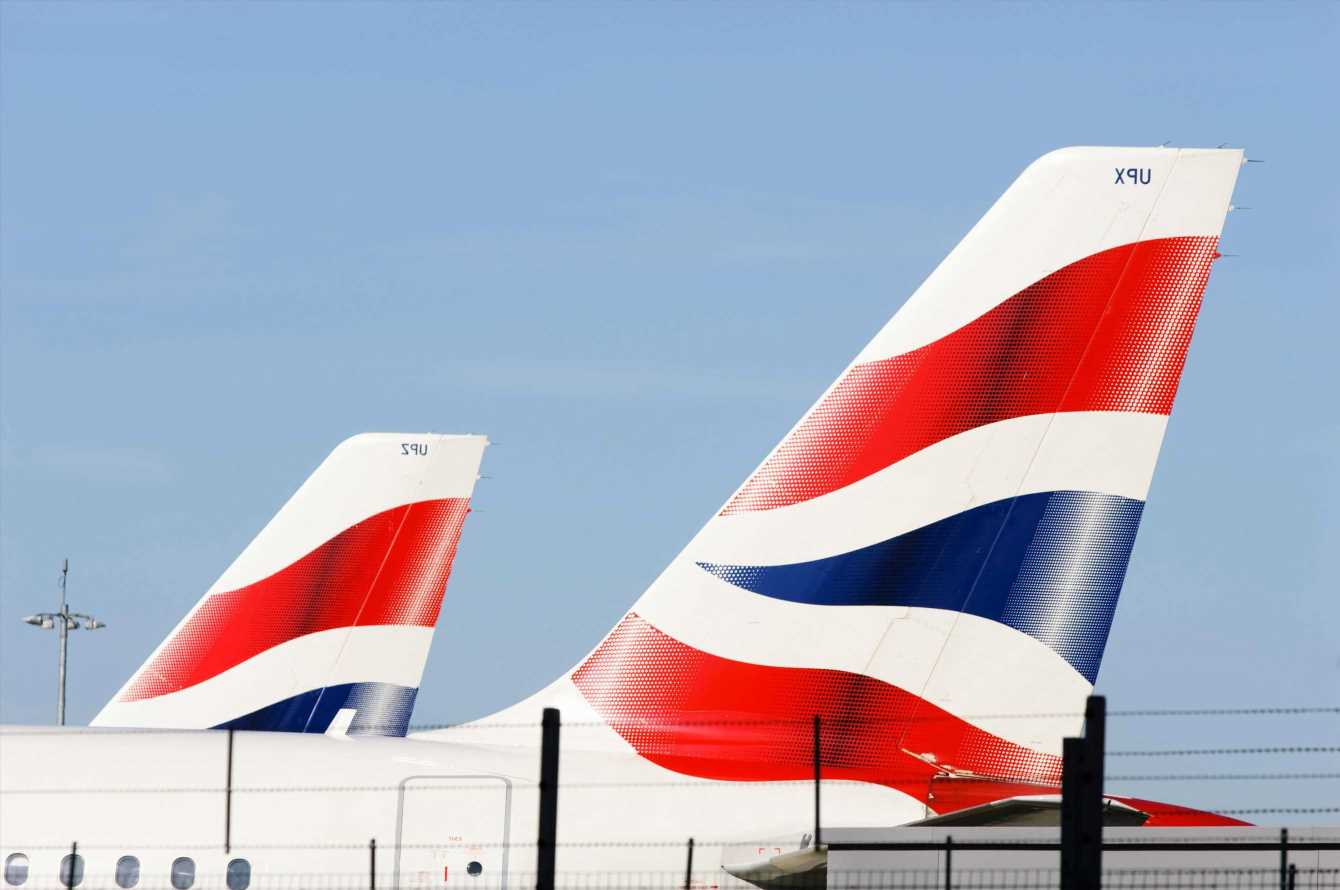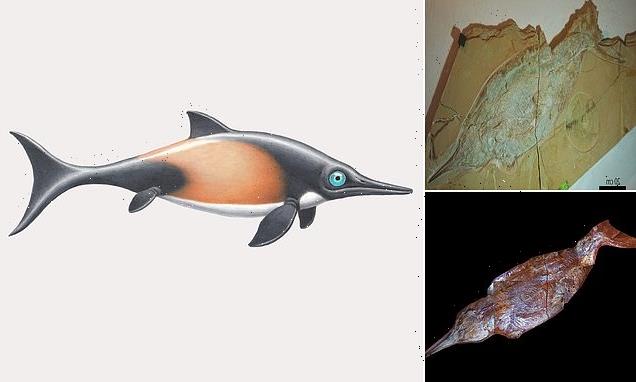Turkey scraps Jamal Khashoggi murder trial and hands it over to Saudi Arabia – where case is likely to be covered up – as the country tries to build bridges with Riyadh among economic downturn
- Washington Post journalist Khashoggi was murdered in Saudi consulate in 2018
- Khashoggi’s Turkish fiancée, Hatice Cengiz, said she will continue to seek justice
- The Istanbul court’s decision comes despite warnings from human rights groups that turning the case over to the kingdom would lead to a cover up of the killing
A Turkish court has suspended the trial of 26 Saudi nationals accused of the gruesome killing of journalist Jamal Khashoggi and sent the case back to Saudi Arabia.
Washington Post journalist Khashoggi, a fierce critic of the Saudi regime and Crown Prince Mohammed bin Salman, was killed on 2 October 2018 while visiting the consulate in Istanbul to retrieve papers to prove he was divorced from his ex-wife in Saudi Arabia.
The former member of the Saudi royal family turned dissident had gone to the building in the Turkish capital to collect documents required for him to marry his Turkish fiancée, Hatice Cengiz, but was murdered and dismembered with a bone saw.
The group included a forensic doctor, intelligence and security officers and individuals who worked for the crown prince’s office. His remains have not been found.
The Istanbul court’s decision comes despite warnings from human rights groups that turning the case over to the kingdom would lead to a cover up of the killing, which has cast suspicion on the crown prince.
Turkey, which had vowed to shed light on the brutal killing, is in the throes of a deep economic downturn, has been trying to repair its troubled relationship with Saudi Arabia and an array of other countries in its region.
A Turkish court has suspended the trial of 26 Saudi nationals accused of the gruesome killing of journalist Jamal Khashoggi (pictured in December 2014) and sent the case back to Saudi Arabia
Some media reports have claimed that Riyadh has made improved relations conditional on Turkey dropping the case, which had inflamed tensions between two countries.
A Saudi court convicted eight unnamed individuals over the murder in 2019, and Turkey began prosecuting the remaining defendants in absentia in 2020 after Saudi Arabia rejected requests for their extradition.
The defendants included two former aides of the prince.
Some of the men were put on trial in Riyadh behind closed doors. A Saudi court issued a final verdict in 2020 that sentenced five mid-level officials and operatives to 20-year jail terms.
The court had originally ordered the death penalty, but reduced the punishment after Khashoggi’s son Salah, who lives in Saudi Arabia, announced that he forgave the defendants. Three others were sentenced to lesser jail terms.
Cengiz, Khashoggi’s fiancée, said she would continue to seek justice.
‘We will continue this [judicial] process with all the power given to me, as a Turkish citizen,’ she said outside the Istanbul Çağlayan Justice Palace courthouse.
‘The two countries may be making an agreement, the two countries may be opening a new chapter… but the crime is still the same crime,’ she said.
‘The people who committed the crime haven’t changed. Governments and states must have a principled stance.’
Milena Buyum, Amnesty International’s official for Turkey said the decision was an ‘appalling and clearly political’ one.
Last week, the prosecutor in the case recommended that it be transferred to the kingdom, arguing that the trial in Turkey would remain inconclusive.
Turkey’s justice minister supported the recommendation, adding that the trial in Turkey would resume if the Turkish court is not satisfied with the outcome of proceedings in the kingdom.
It was not clear, however, if Saudi Arabia, which has already put some of the defendants on trial behind closed doors, would open a new trial.
The court ruled to halt the trial in line with the Justice Ministry’s ‘positive opinion,’ the private DHA news agency reported.
Human rights advocates had urged Turkey not to transfer the case to Saudi Arabia, arguing that justice for Khashoggi would not be delivered by Saudi courts.
‘It’s a scandalous decision,’ said Emma Sinclair-Webb, the Turkey director for the New York-based Human Rights Watch, adding that the court had ‘rubber stamped’ a political decision that would allow the government to repair its ties with Saudi Arabia.
Human rights advocates had urged Turkey not to transfer the case to Saudi Arabia, arguing that justice for Khashoggi would not be delivered by Saudi courts
‘In the interest of realpolitik, Turkey is ready to sacrifice justice for an egregious crime on its own soil,’ she told The Associated Press. ‘(The decision) opens the way for other countries to commit assassinations on Turkish territory and get away with it.’
At the time of the crime, Turkey apparently had the Saudi Consulate bugged and shared audio of the killing with the CIA, among others.
The slaying sparked international outrage and condemnation, with western intelligence agencies, as well as the US Congress, who said that an operation of such magnitude could not have happened without knowledge of the prince.
The move would pave the way to a resolution of disputes between the two regional heavyweights since the 2011 Arab Spring, including Turkey’s support for Islamist movements like the Muslim Brotherhood, which Riyadh considers a terrorist group.
Turkey also sided with Qatar in a diplomatic dispute that saw Doha boycotted by Bahrain, Egypt, Saudi Arabia and the United Arab Emirates.
Source: Read Full Article




